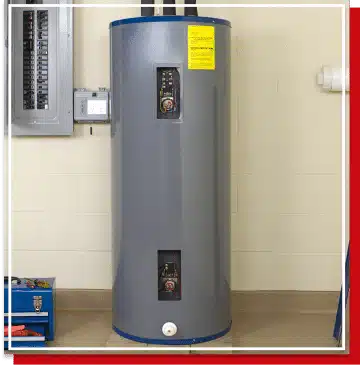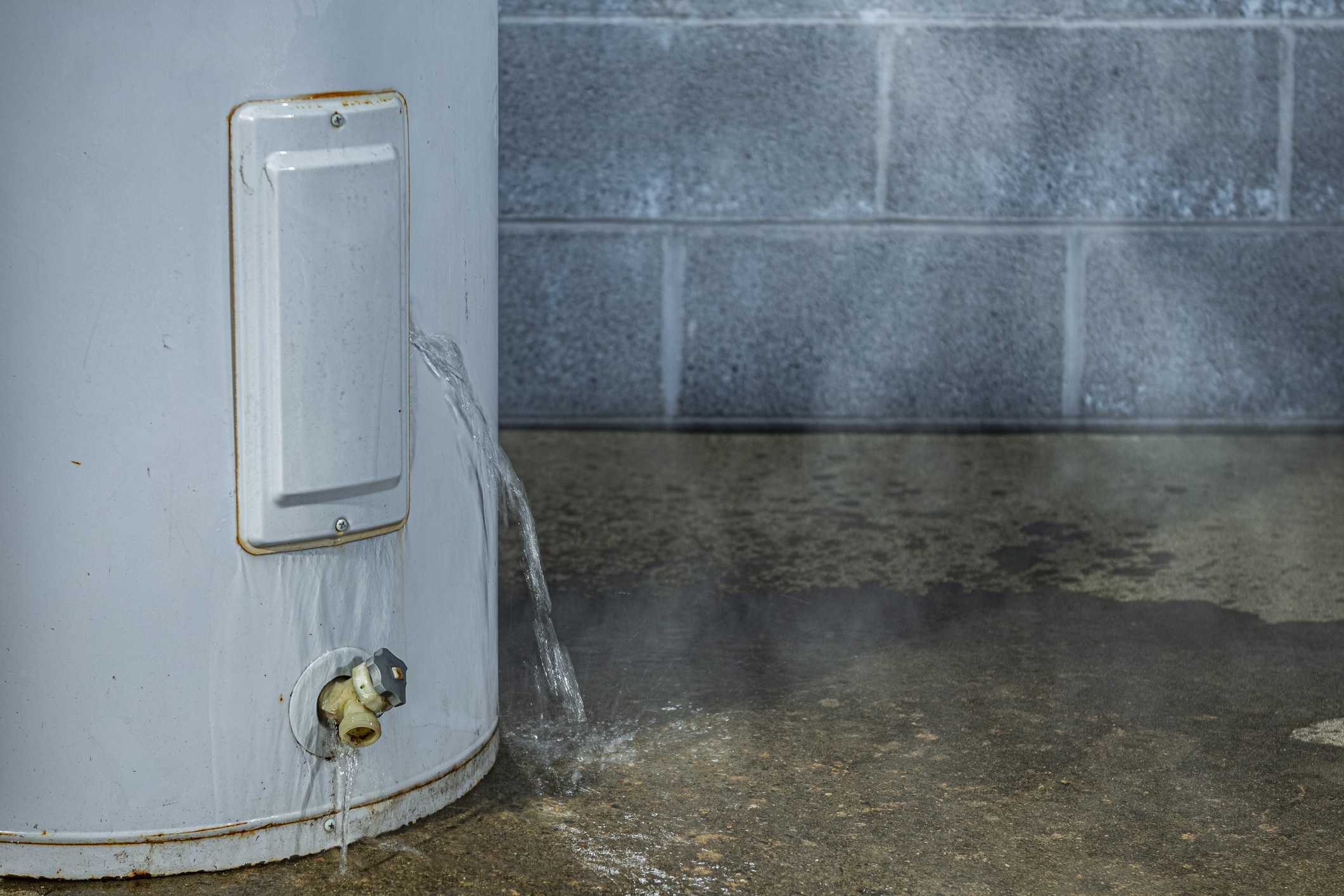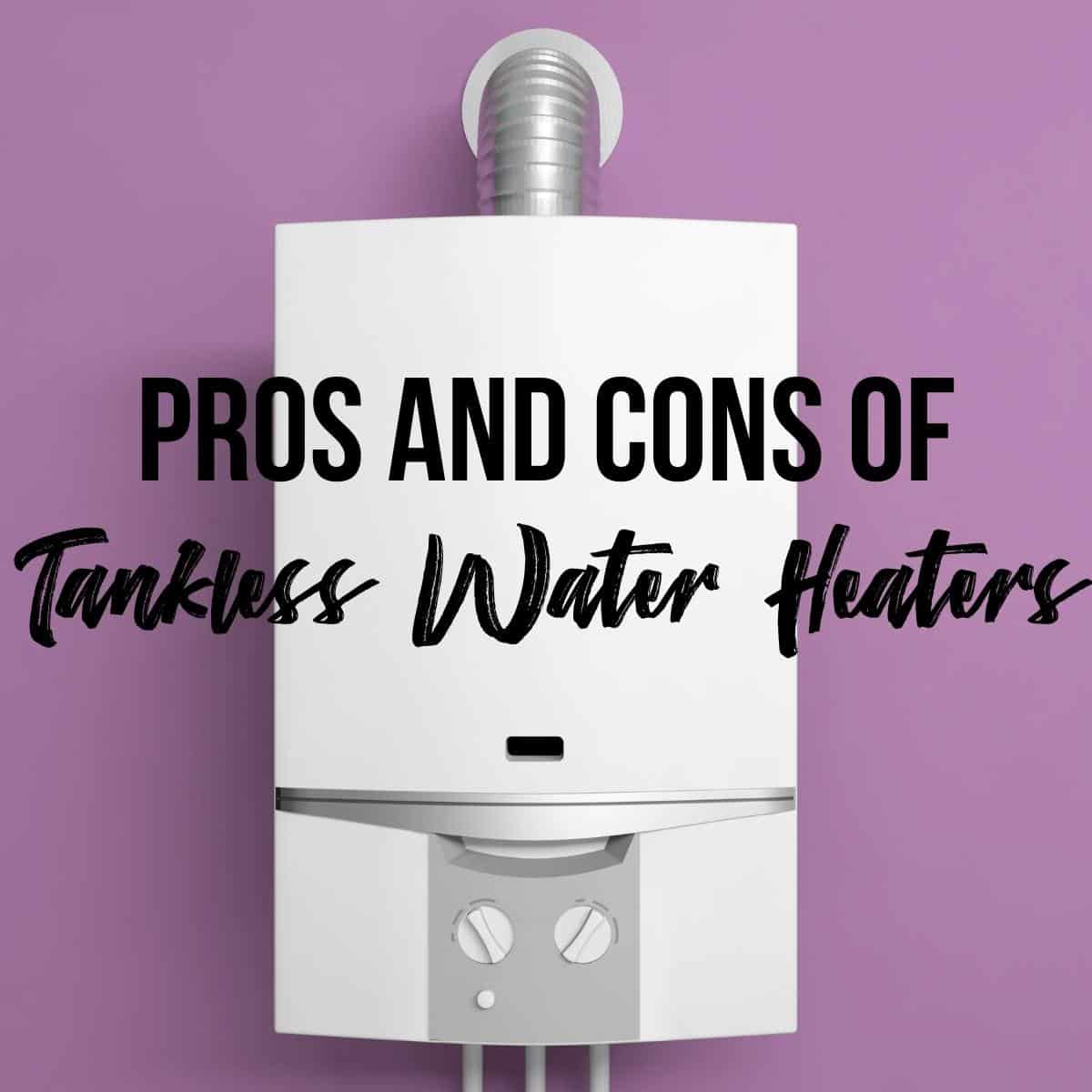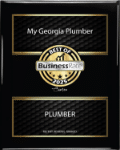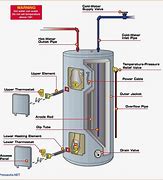
Exploring Traditional Tank Water Heaters: A Comprehensive Guide
Traditional tank water heaters have long been the go-to choice for American households. They offer a consistent hot water supply and are familiar to most homeowners. However, it’s important to consider various factors before replacing your traditional tank water heater. In this guide, we’ll delve into key aspects such as fuel type, capacity, efficiency, installation cost, lifespan, and environmental impact. At My Georgia Plumber, we provide expert installation, repair, and maintenance services for water heaters in various locations.
-
Fuel Type and Capacity: Understanding the Basics
Traditional tank water heaters are available in electric, natural gas, or propane (L.P.) options. The capacity of a water heater determines the amount of hot water it can produce and the time it takes to recharge. Tank sizes range from 30 to 120 gallons, allowing you to choose one that suits your household’s needs.
-
Factors to Consider When Replacing: Making an Informed Decision
When replacing your traditional tank water heater, several factors should be taken into account. The first-hour rating indicates how much hot water the heater can deliver in 60 minutes. Efficiency and operating costs play a significant role, with gas tank water heaters having an Energy Factor (EF) rating of 0.58 to 0.62, while electric tank water heaters are generally more efficient with an EF rating of 0.85 to 0.94. Additionally, consider installation costs, including potential code upgrades, which may vary depending on the type of water heater.
-
Installation and Compliance: Professional Expertise for a Seamless Installation
To ensure a proper and compliant installation, it’s essential to adhere to state and local building codes. Installation requirements include the installation of a thermal expansion device for all water heaters and specific components such as a gas flex line, gas valve, and drip leg for gas water heaters. Our experienced team at My Georgia Plumber is well-versed in these codes and will install your new water heater efficiently, meeting all plumbing and gas code regulations.
-
Lifespan, Warranty, and Maintenance: Extending the Lifespan of Your Water Heater
Over the years, the average lifespan of traditional steel tank water heaters has decreased to less than 10 years. Regular maintenance and proper installation of safety devices are crucial to maximize the lifespan of your investment. It’s important to note that many steel tank water heaters may only last 6-8 years without proper care. Be sure to consider the warranty offered when purchasing your water heater.
-
Environmental Considerations: Evaluating Sustainability Factors
Traditional tank water heaters are not the most environmentally friendly option due to their lower energy factor ratings. Consequently, they may not qualify for energy-saving rebates that are available for tankless and hybrid water heaters. It’s worth exploring more sustainable alternatives if environmental impact is a priority for you.
Check Out Our:
The Complete Anatomy of an Electric Water Heater – How It Works & Key Parts Explained
Your electric water heater is one of the hardest-working appliances in your home, quietly providing hot water for showers, dishes, laundry, and more. But how exactly does it work? Understanding the different parts of a water heater can help you troubleshoot problems, extend its lifespan, and appreciate the engineering behind your home’s hot water supply....Continue reading→
How to Know When It’s Time to Replace Your Water Heater (Before It Floods Your Home) Stop Playing Plumbing Roulette—Here’s When to Replace It and Why You Shouldn’t Wait
Don’t Wait for Trouble to Come to You It’s easy to ignore your water heater—until it becomes impossible to ignore.Whether you’re hopping into a freezing shower or stepping into a flooded hallway, a failing water heater always picks the worst possible time to go out. At My Georgia Plumber, we replace water heaters every day,...Continue reading→
The Pros and Cons of Tankless Hot Water Heaters
Picture this: you’re in the middle of a relaxing hot shower, shampoo in your hair, in the middle of belting out your favorite song, and suddenly, the water turns lukewarm. Panic sets in as you try to rinse quickly, only for the water to turn ice-cold, leaving you shivering, and shampoo-soaked. But fear not, there’s...Continue reading→


